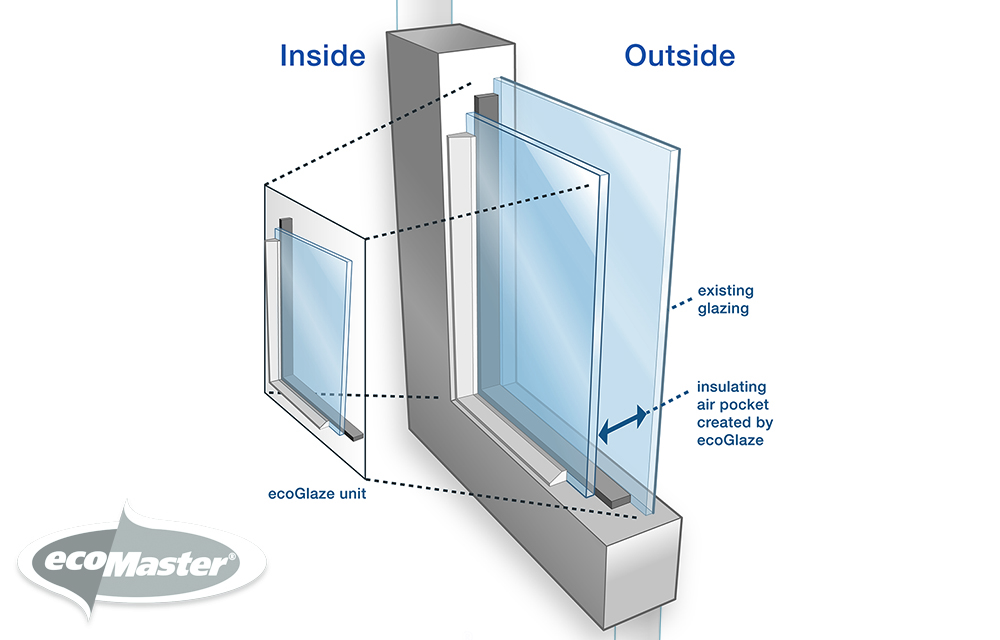All Categories
Featured
Table of Contents
Which Is The Best Type Of Double Glazing? - Which? - Which.co.uk in Queens Park WA
That window can transfer more solar heat in winter than in summer season. A west-facing window on a summer season's afternoon has an angle of occurrence from near 0 as much as 30 with a large efficient area of solar radiation. A north-facing window, in summer, has a high angle of incidence and a low reliable location of solar radiation, so can transfer less heat than a west-facing one.

You can quickly and quickly improve the thermal performance of your house by replacing your windows. There are thousands of types of glass and frames to choose from.
Improve Your Home's Energy Efficiency With Double Glazing in Beckenham Western Australia
There are lots of various types of glass products to pick from. Single glazing uses a single pane of glass. Single glazing with clear glass is not really effective when it pertains to heat loss or gain. To improve performance, you can utilize single glazing with a more energy-efficient kind of glass such as low emissivity (low-e) glass.
Numerous layers can be put together with sealed cavities between each sheet of glass. IGUs usually provide better energy efficiency than single glazing, because they send less energy. Nevertheless, the energy efficiency of IGUs likewise depends upon: the properties of each layer of glass. Various glass types (for example, clear and low-e glass) can be put together in an IGU.
What Are Double Glazed Windows? in Wanneroo Western Australia

IGU cavities can be filled with air or a more inert, low-conductivity gas such as argon the width of the cavity. Broader cavities offer lower (much better) U worths, with 12mm normally accepted as the favored space how well the cavity is sealed.
If argon is set up to the cavity in place of air, wetness is reliably left out the level of desiccant (drying representative). The spacer (metal or polymer strip) that separates the glass layers includes a desiccant to take in any moisture. Insufficient desiccant may cause wetness to condense on the glass surface area in cold conditions, lowering thermal performance.
Save Energy With Double Glazed Windows in Shelley Western Australia
In fact, IGUs can provide better energy performance for all environments, especially in heated and air-conditioned houses. Cross-section detail of single, double and triple-glazing units Low emissivity glass (typically referred to as low-e glass) reduces heat transfer. Low-e glass might be either high or low transmission: High transmission low-e glass has a finish that permits daylight from the sun to pass into your home to accomplish great solar heat gain, however decreases the amount of the long wavelength infrared heat that can escape back through the window.
Low-e glass has either a pyrolytic finish or a vacuum-deposited thin movie metal finish. Pyrolytic finishes are resilient and can be utilized for any glazing; vacuum-deposited finishes are soft and are only used within IGUs. Low-e coverings can significantly improve both U value and SHGC; nevertheless, they must be used properly or they will either degrade or fail to carry out as needed.
Which Double Glazed Windows Are Best For Summer? in Palmyra Western Australia
Low-e finishes can be utilized in mix with clear, toned or reflective glass. Low-e coatings on glazing can decrease heat transfer where needed Picture: Department of Market, Science, Energy and Resources Toned glass has colouring additives included throughout manufacture. It is available in various colours, generally bronze, grey, blue and green.
Table of Contents
Latest Posts
Fitting A Cabin In Your Garden? Get Double Glazing Fitted Too in Connolly Perth
Brisbane's Best Double Glazed Windows in Stirling Western Australia
Twinglaze® Double Glaze Specification Act - Vic in Bickley Western Australia
More
Latest Posts
Fitting A Cabin In Your Garden? Get Double Glazing Fitted Too in Connolly Perth
Brisbane's Best Double Glazed Windows in Stirling Western Australia
Twinglaze® Double Glaze Specification Act - Vic in Bickley Western Australia